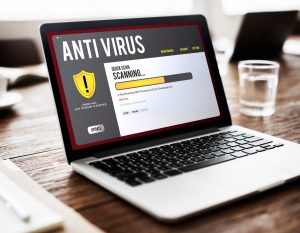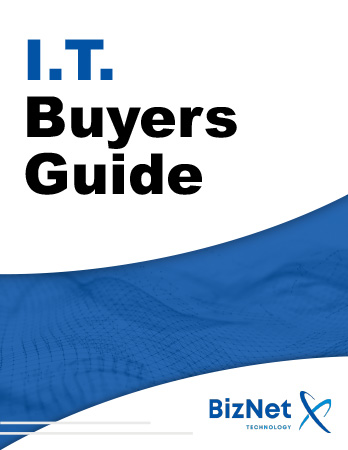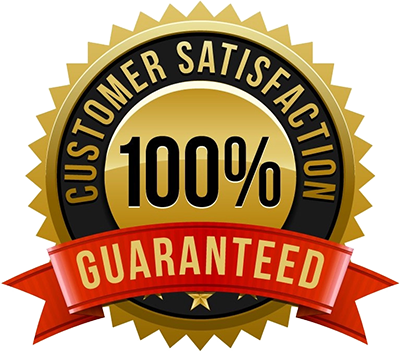Is My Computer Really Secure?
This is a question I hear more often than you'd expect and one I ask myself, too.
If you're like most small business owners, you’re juggling emails, apps, work files, and sensitive client data all on one machine. Antivirus software is a great starting point, but it’s just one piece of a much larger security puzzle. Building strong security habits around multiple layers of protection is critical.
Here are five powerful habits I recommend—and follow myself—that lay a solid foundation for computer security, plus two essential extras every small business should know.

1. Keep Your Antivirus Software Up to Date
Antivirus software is essential, but it only works if you keep it current. Cyber threats evolve constantly, and antivirus companies release frequent updates to keep up with new malware. Regular updates ensure your software can identify and block the latest threats.
2. Actually Scan Your System (Automatically)
Installing antivirus isn’t enough. Set it to run full scans automatically on a regular schedule to catch threats early, before they spread or cause damage. Relying on manual scans or hoping for the best is risky.
3. Update Your Operating System and Apps
Outdated software is a common target for hackers. Security patches fix vulnerabilities in your OS and apps, so ignoring updates leaves your business exposed. Staying current closes doors attackers try to sneak through.
4. Remove Apps You No Longer Use
Unused or forgotten apps add unnecessary risk. They may have unpatched vulnerabilities hackers can exploit. Removing them reduces the number of potential entry points into your system.
5. Use a Real VPN
Free VPNs often compromise on privacy, speed, or security. A reputable paid VPN encrypts your internet traffic and hides your IP address, protecting sensitive data, especially when you or your team use public Wi-Fi or remote connections.
6. Use a Firewall
A firewall is a critical gatekeeper. It monitors and controls network traffic between your devices and the internet, blocking unauthorized access and suspicious activity. Small businesses can start with built-in firewalls on their devices but should consider dedicated firewall hardware or software solutions for added security.
7. Encrypt Your Data
Encryption scrambles your data so that only authorized users with the right key can read it. Encrypting sensitive files and communications helps protect client data even if it falls into the wrong hands. This applies both to data stored on your devices (at rest) and data transmitted online (in transit). For businesses handling sensitive client information, strong encryption practices are a must to stay compliant with regulations like HIPAA or GDPR.
Why These Are Just the First Steps
These habits form a strong base, but cybersecurity is an ongoing journey. For small businesses dealing with sensitive client data—like financial records, health information, or personal details—a single security gap can have devastating consequences, including financial loss, legal issues, and loss of client trust.
Beyond these basics, businesses should consider regular security audits, employee training on recognizing phishing or social engineering attacks, multi-factor authentication, and partnering with cybersecurity professionals or managed security service providers.
Conclusion
Protecting your business and your clients’ data requires more than just antivirus software. It demands ongoing effort and layering multiple defenses, including updated antivirus, scheduled scans, patching software, removing unused apps, using trusted VPNs, deploying firewalls, and encrypting your data.
These steps significantly reduce the risk of a breach, protect your reputation, and help you comply with data protection regulations. Treat them as your starting point, not the finish line.
We know this might feel overwhelming when you’re already juggling the day-to-day demands of running a small business. Cybersecurity can seem like just one more thing on your plate, but it does not have to be that way. That is where we come in. We can handle the technical heavy lifting so you can focus on growing your business with peace of mind, knowing your clients’ sensitive information is safe and secure.
Staying proactive about cybersecurity means your small business can operate with confidence, and your clients can trust that their sensitive information is protected. Contact Us and experience peace of mind




